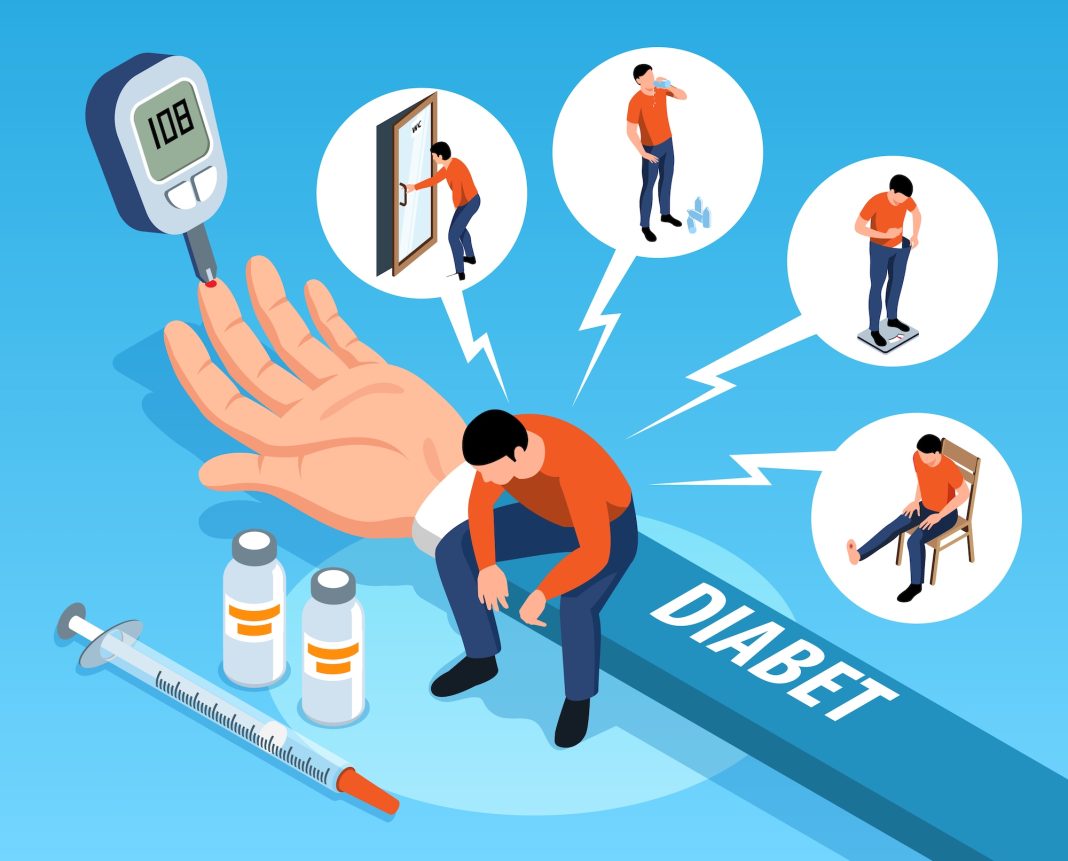
There are significantly fewer patients with type 1 diabetes, and their drug supply has been improved. The main problem now is the rapid increase in the number of patients with type 2 diabetes. This is a dangerous disease. In 70-80% of cases, diabetes results in cardiovascular complications, kidney and eye damage, and diabetic foot issues.
The R-Pharm group of companies plays one of the key roles in driving the development of the Russian pharmaceutical market and improving access to modern medicines. In February 2020, we also took the lead in initiating a federal project focused on diabetes.
The R-Pharm group of companies plays a key role in the development of the Russian pharmaceutical market and improving access to modern medicines. In February 2020, we also became one of the initiators of a federal project dedicated to diabetes.
For quite some time, our focus has been on expanding the accessibility of innovative medications. The emergence of glucose-lowering drugs that can prevent the progression of heart and kidney disease and reduce mortality has become a kind of trigger for the company. Currently, 54% of individuals with type 2 diabetes necessitate treatment with these medications; but merely 5-6% of patients are receiving the innovative therapies.
By 2020, funding for the diabetes combat program had decreased. It is important to emphasize that current clinical guidelines strongly emphasize the importance of incorporating new medications that not only treat diabetes, but also target the affected organs. In February 2020, at the “Business Russia” venue, with the participation of endocrinologists, cardiologists, business representatives and the “Centre for Expertise and Quality Control of Medical Care” of the Ministry of Health of Russia, the need to increase the availability of these drugs was updated.
Soon after, a pandemic struck, prompting us to further consider enhancing the availability of innovative medicines. It revealed that 30% of individuals with diabetes and its complications fell victim to the coronavirus.
This was one of the reasons for the creation of a federal project “Combating diabetes mellitus”. In collaboration with the Centre for Expertise and Quality Control of Medical Care and the National Medical Research Center for Endocrinology we have successfully determined the optimal patient routing program and the necessary funding to ensure patients have access to modern medications. It was assumed that quite large funds would be allocated for these purposes – about 100 billion rubles per year. The funds were intended to be allocated for providing state-of-the-art medications with cardioprotective properties to patients with type 2 diabetes and cardiovascular diseases.
However, in December 2022, federal funding for preferential drug coverage for patients with diabetes and cardiovascular diseases was not included in the project passport. With these changes, the passport was approved in the summer of 2023. The total cost of the program was reduced from 100 billion rubles per year to 10 billion rubles per year. Approximately half of this amount, 5.5 billion per year, is projected to be allocated to acquiring continuous glucose monitoring systems for children aged 0 to 17. Although the importance of this cannot be denied, but no funds were allocated for the acquisition of medicines, which was the primary purpose of initiating this project.
We believe that incorporating modern drugs into the program should not be seen as a costly investment, but rather as an economically feasible cost that helps contain expenses. These drugs effectively achieve the necessary clinical effect by reducing the number of hospitalizations due to exacerbation of concomitant diseases, decreasing the need for dialysis for kidney damage, and lowering the incidence of eye damage.
Allocating sufficient funds for medications is crucial. Based on our estimations, a minimum of 10 billion rubles per year is required to provide modern drugs. By working with the Centre for Expertise and Quality Control of Medical Care, our calculations show that sufficient funding for drug provision could potentially result in an 18% decrease in mortality rates for patients with diabetes. This important outcome not only reflects the quality of medical care. It could result in decreased hospitalizations and interventions for treating patients with complications, potentially saving up to 3.5 billion rubles.
The provision of innovative drugs should receive a minimum of 20% of the total funding of the federal project, which amounts to at least 2 billion rubles per year, until it reaches the expected figure of 10 billion rubles annually.
The current iteration of the federal project passport, however, places the entire responsibility of drug provision on the constituent entities of the Russian Federation. Regional budgets may not always support the financial costs of modern medications, leading to a situation where patients with type 2 diabetes and high cardiovascular risk may not be able to access them. As a result, this can result in a range of complications, disability, and higher mortality rates among these patients, putting the successful implementation of the project’s key performance indicators at risk. In addition, the current circumstances present significant challenges in meeting the Russian President’s directive to raise life expectancy to 78 years.
In order to ensure the well-being of patients and effectively achieve the goals of the diabetes project, it is crucial to identify budget lines and alternative funding sources to allocate funds for the purchase of non-insulin glucose-lowering medications that have demonstrated cardioprotective benefits. The corresponding working group, established at the site of the all-Russian public organization “Business Russia” in the summer of 2023, is currently addressing these issues.
Increasing the number of diabetes schools can lead to a substantial reduction in mortality and a better quality of life for patients with diabetes. It is in diabetes schools that patients develop adherence to therapy and the need to follow a diet. These people receive assistance not only with their medical treatment but also with the organization of their daily routines.. Moreover, it is necessary to re-equip endocrinological dispensaries and specialized offices, build and develop networks of regional endocrine centers. These tasks are outlined in the federal project passport.





